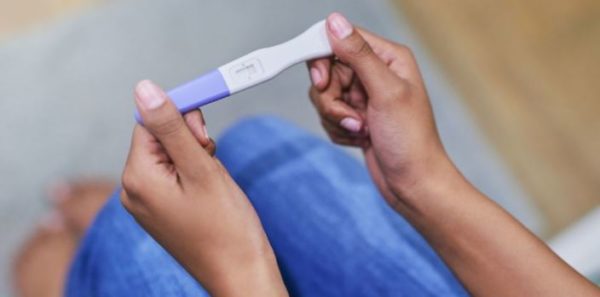
Thanks to contraception and the widespread availability of reproductive technologies, couples today have more control over when they want to begin their family than in the past.
Waiting to start a family is possible, although it can make it a little harder to get pregnant.
Fertility naturally declines with age, and having a baby later in life can increase the risk for pregnancy complications.
That said, there’s no “best age” to get pregnant. The decision to start a family should be based on many factors — including your age and your readiness to be a parent.
Just because you’re over 30 or 40 doesn’t mean you can’t have a healthy baby. Read on to learn more about getting pregnant in each stage of your life.
In your 20s
Women are most fertile and have the best chance of getting pregnant in their 20s. This is the time when you have the highest number of good quality eggs available and your pregnancy risks are lowest.
At age 25, your odds of conceiving after 3 months of trying are just under 20 percent.
In your 30s
Fertility gradually begins to decline at around age 32. After age 35, that decline speeds up. Women are born with all the eggs they’ll ever have — about 1 million of them. The number of eggs gradually drops over time.
At age 37, it’s estimated that you’ll have around 25,000 eggs left. By age 35, your odds of conceiving after 3 months of trying are about 12 percent.
The risk for miscarriage and genetic abnormalities also begins to rise after age 35. You might face more complications in your pregnancy or during delivery having a baby later in life.
Due to this, your doctor might recommend additional screening and testing for you and your baby.
In your 40s
There’s a steep decline in a woman’s ability to get pregnant naturally in her 40s. At age 40, your odds of conceiving after 3 months of trying are around 7 percent.
Over time, the quantity and quality of your eggs decline. Older eggs can have more chromosome problems, which increases the odds of having a baby with a birth defect.
Most women in their 40s can still have a healthy pregnancy and baby, but the risks increase significantly during this time. These risks include:
- C-section delivery
- premature birth
- low birth weight
- birth defects
- stillbirth
Medical conditions, like diabetes and high blood pressure, are more common in women after age 35. These can lead to pregnancy complications like gestational diabetes and preeclampsia.
After age 40, your doctor may do extra testing and monitoring to look for possible complications.




